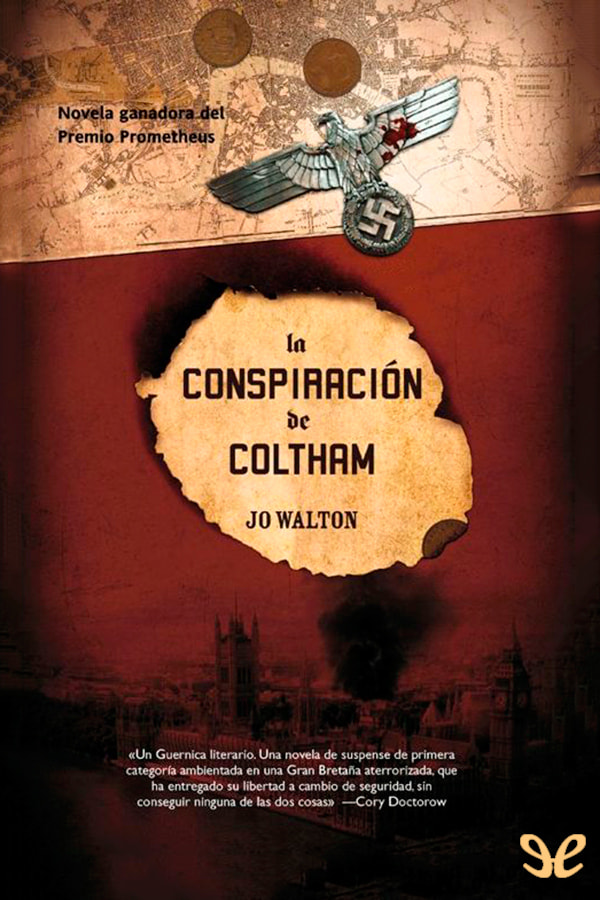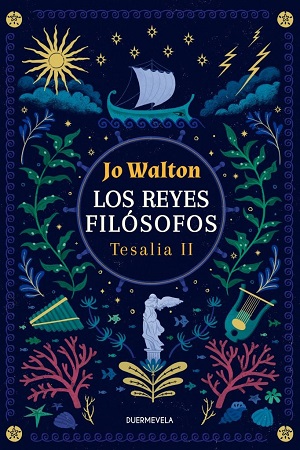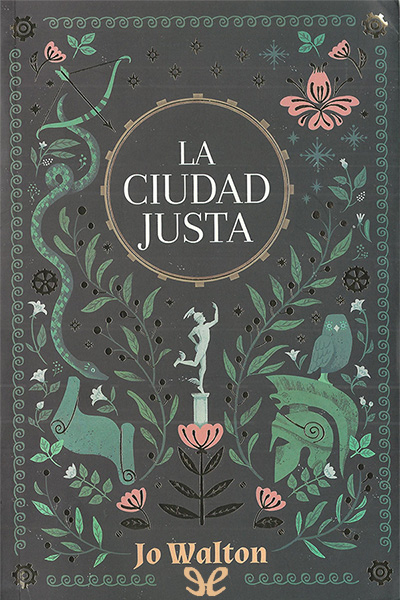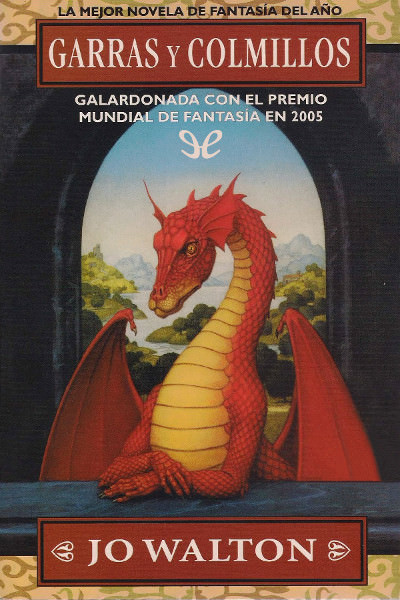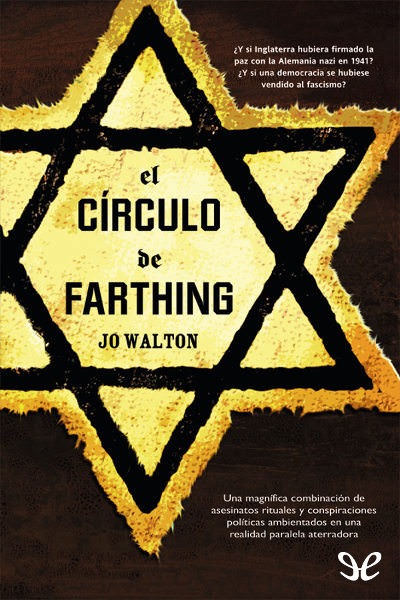oleebook.com
The Prize in the Game de Jo Walton
de Jo Walton - Género: English
Sinopsis
From Publishers Weekly
Out of the Celtic twilight, that gold mine of romance lore for contemporary fantasists, comes Walton's retelling of the wooing of Emer, set in the same world as her first two novels, The King's Peace and The King's Name. This story, an expansion of a passage in The King's Peace, follows a group of noble-born youngsters on the cusp of adult warriorhood, their relationships as intertwined as a Celtic knot, in a brawling, bloodthirsty culture where gods stoop to speak with men. Just as one form shifts to another in Celtic art, Walton constantly shifts the point of view as she traces the early careers of beautiful Elenn and Emer, her younger charioteer sister, princesses of Connat being fostered in Oriel for a year; sardonic Conal; the wild dream-ridden Darag; and gentle Ferdia of Lagin, who loves Darag to his own destruction. When a horrible accident causes the death of a warhorse and in revenge the Beastmother goddess Rhiannon curses Oriel, political alliances shatter and reform among these distrustful kingdoms. It seems that Celts, male and female alike, would rather fight than eat. Walton sure-handedly evokes a primitive realm where the Otherworld seamlessly impinges upon reality, bringing sounds, smells, sorrow, hatred and burning love to life as powerfully as the thrust of a barbed spear. She also captures the terrible beauty of a warrior race in an outworn time, struggling, in Yeats's phrase, to come clear of the eternal nets of wrong and right.
Copyright 2002 Reed Business Information, Inc.
From
In the Ireland of Walton's alternate world, four young peoples' lives are torn apart and their homelands threatened with fratricidal destruction after a goddess is accidentally offended. As Walton develops her alternate Celts, however, what with their convoluted politics and quick tempers, it sometimes seems that the miffed deity is superfluous. The feuds of local potentates are quite capable of generating all the havoc any novel could need to keep readers turning pages. As with previous Walton novels, readers will indeed do just that, especially the intelligent sort of Celtophiles who respect authors with something under their Celts. Moreover, it seems likely that this book will have at least one sequel, for the number of corpses left unavenged by the last page provide all the motivation the rest of the characters need to keep their swords sharp and employed for a good long while. A readable sidebar to Walton's Arthurian variations, The King's Peace (2000) and The King's Name (2001). Roland Green
Copyright © American Library Association. All rights reserved
